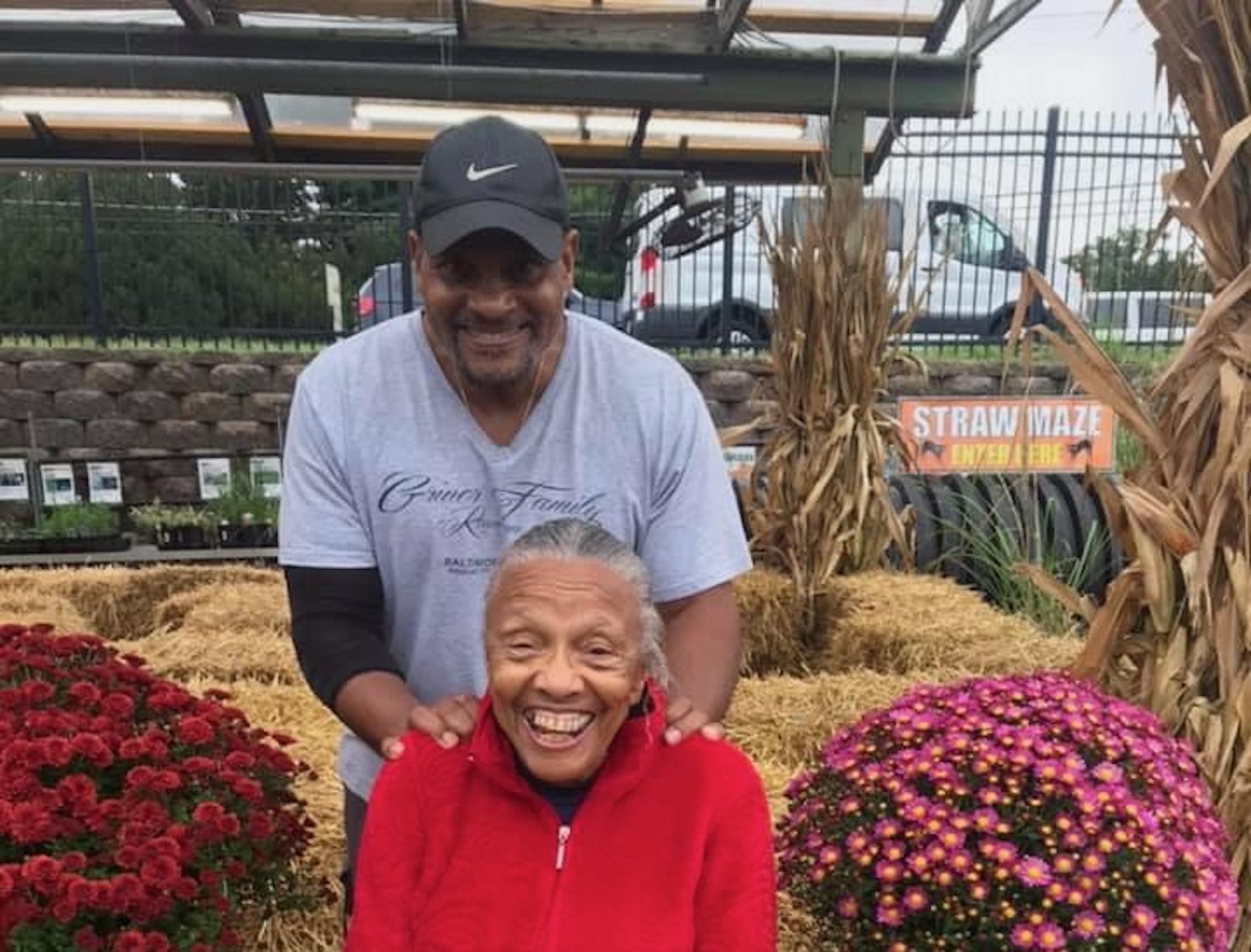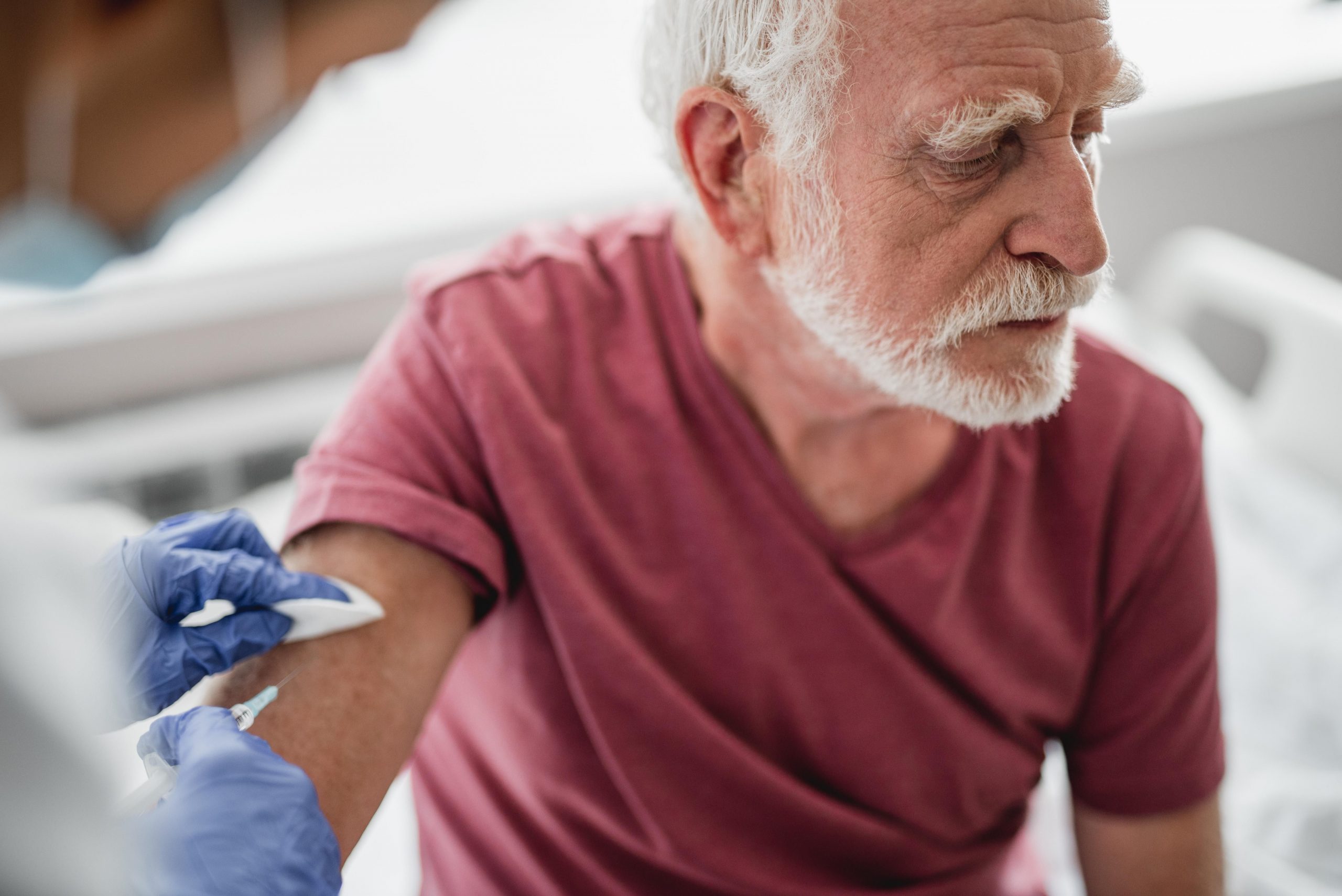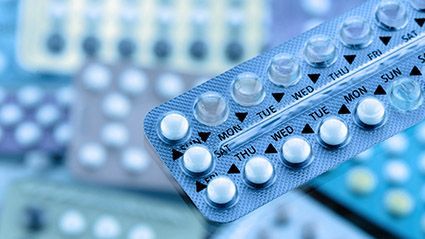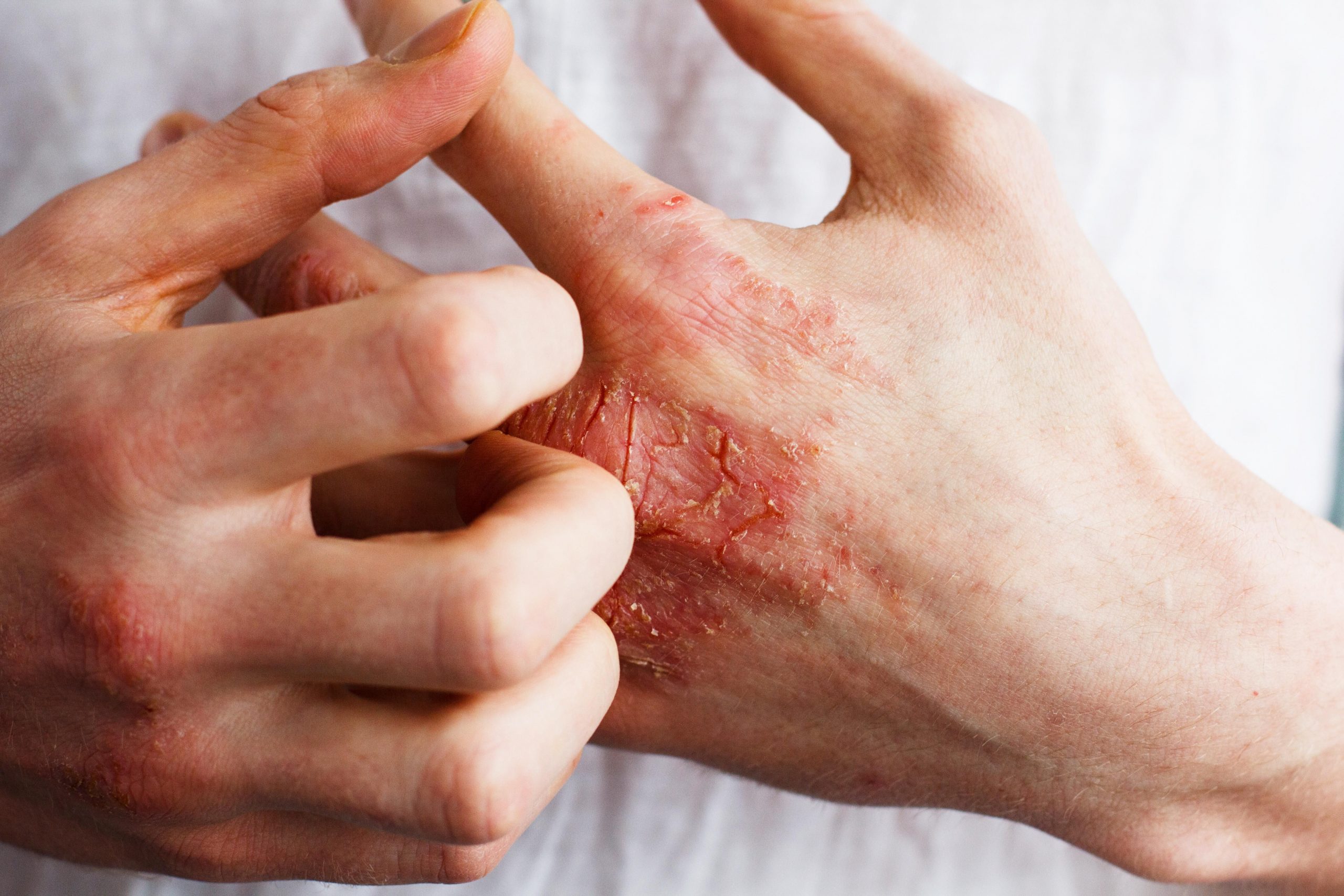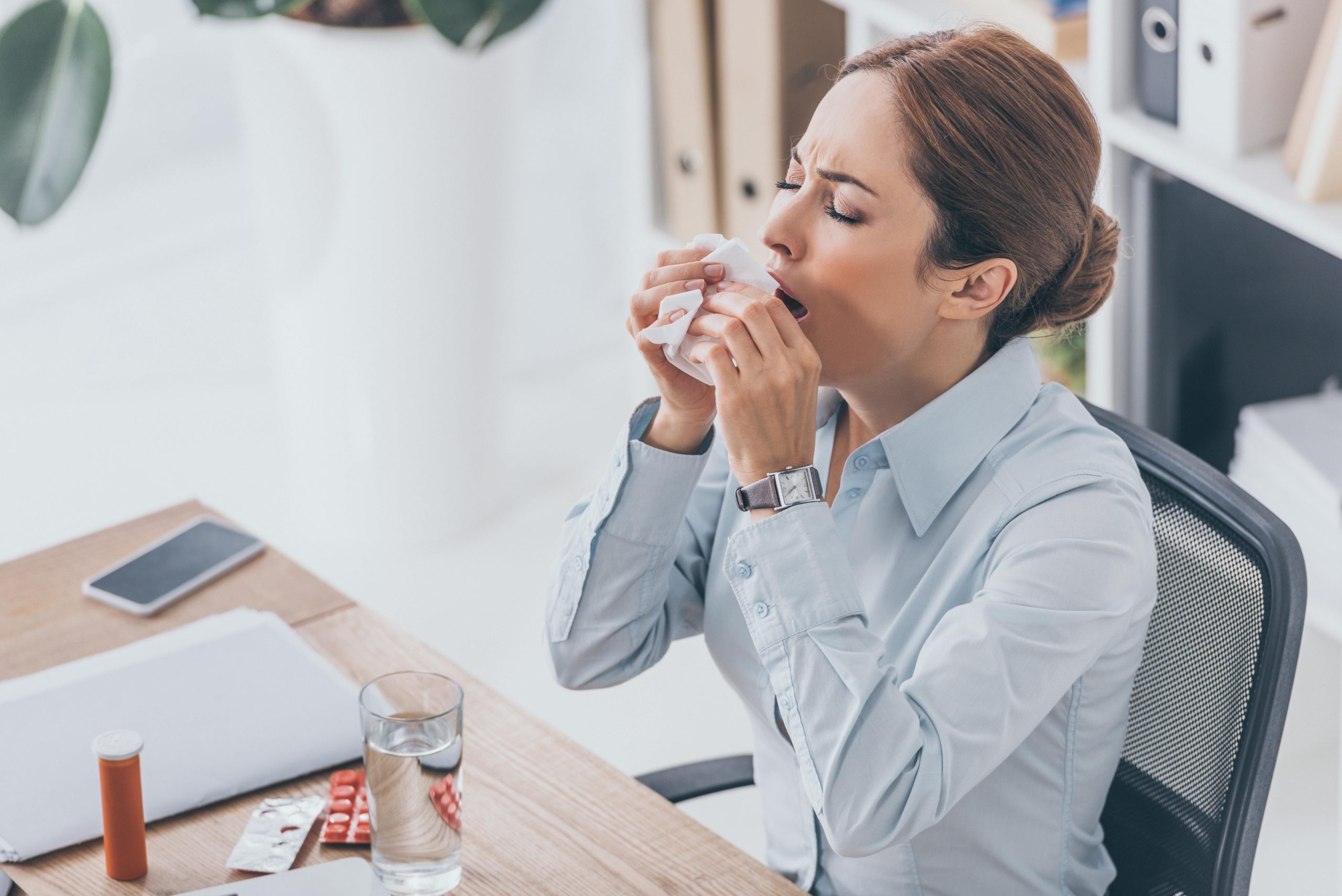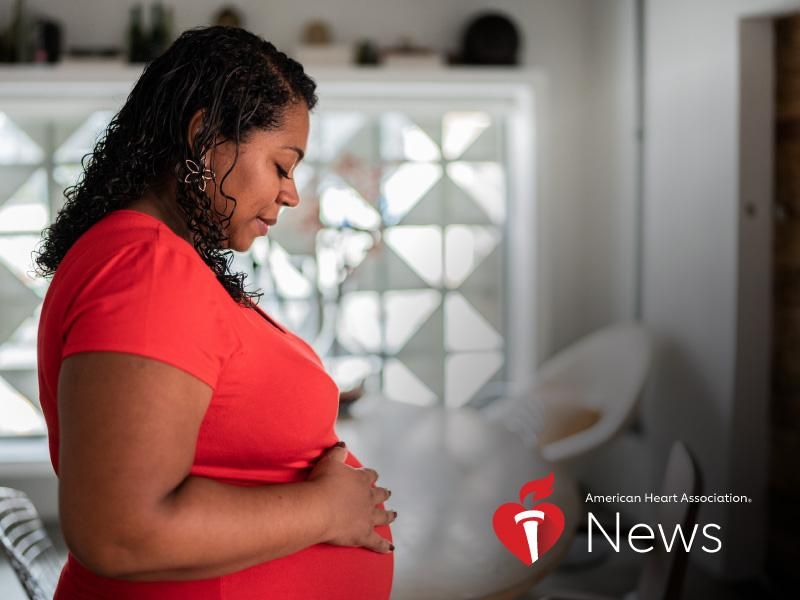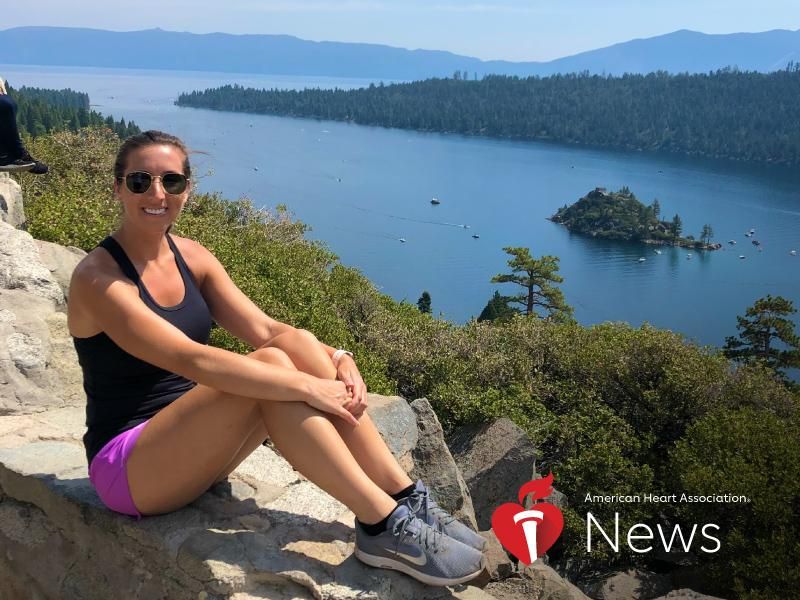
MONDAY, Oct. 3, 2022 (American Heart Association News) — Marissa Fattore’s graduation from Kutztown University of Pennsylvania took place on a warm spring day. For the occasion, Marissa had her nails done and wore a new dress and high heels. Despite her excitement, she felt crummy. She had a headache and her brain was fuzzy.… read on > read on >










